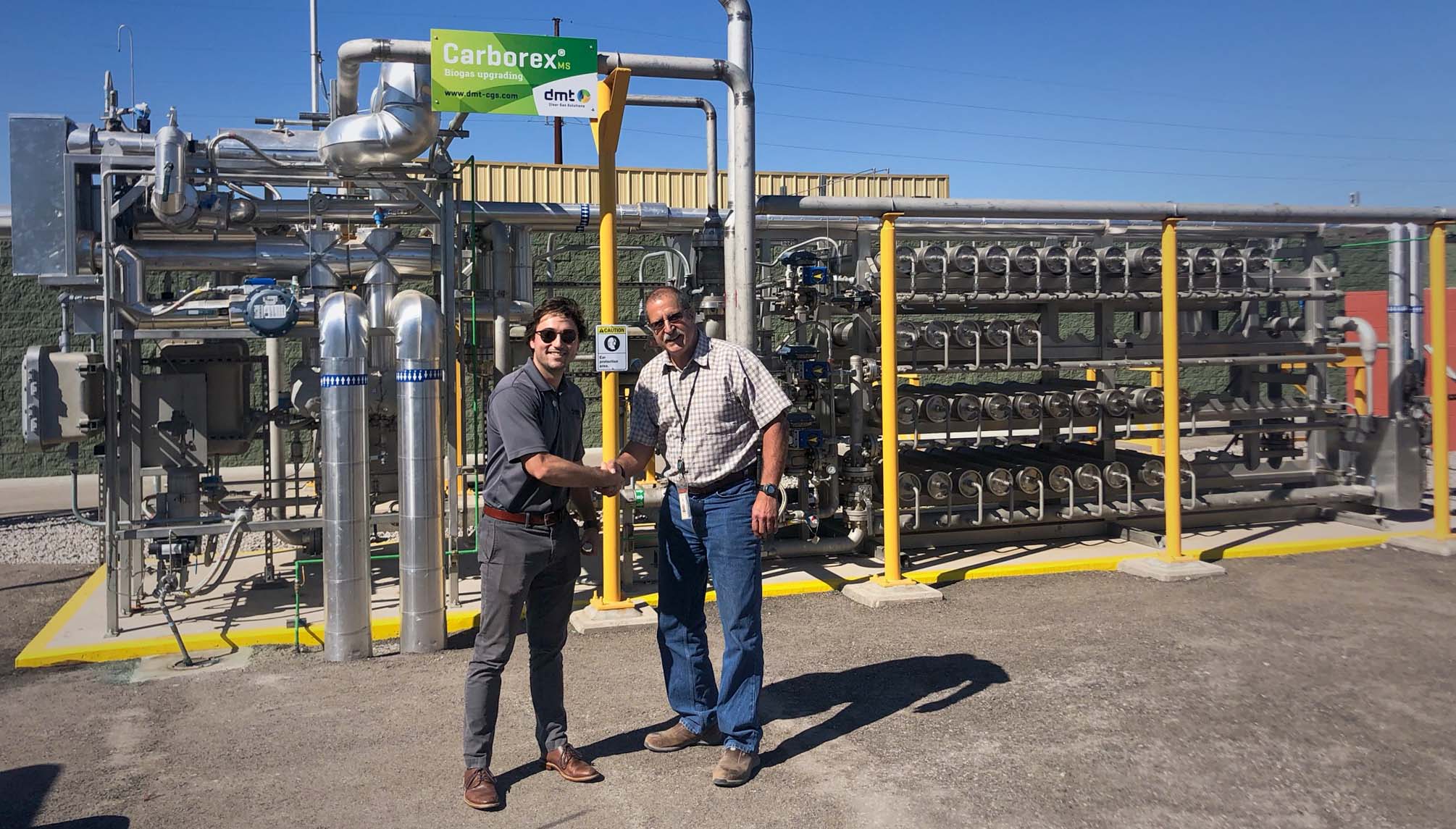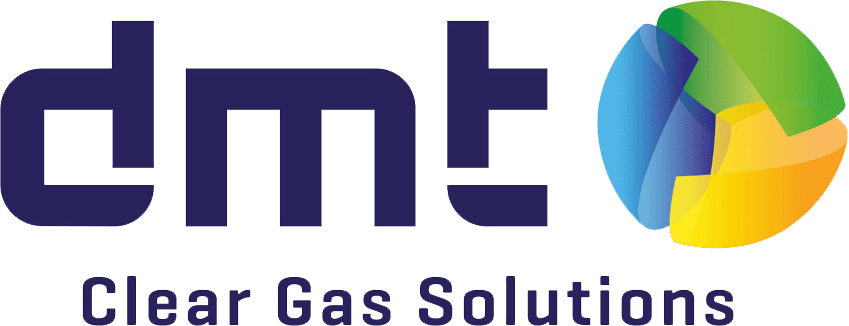Renewable Natural Gas
RNG Basics, Benefits and Market
What is renewable natural gas?
Renewable Natural Gas (RNG) is an affordable, safe, and reliable waste-derived fuel that is fully interchangeable with conventional natural gas. As pipeline quality gas, RNG uses include powering homes, businesses and even vehicles. RNG is in fact renewable energy and qualifies as an advanced biofuel under the Renewable Fuel Standard (RFS) Program.
Renewable natural gas, also known as biomethane, comes from conditioning and upgrading biogas. Biogas is the gaseous byproduct from the decomposition of organic matter. Conditioning and upgrading biogas requires the removal of water, trace elements, hydrogen sulfide and carbon dioxide. What’s left is RNG with a higher content of methane than raw biogas.
Where does renewable natural gas come from?
Different from conventional natural gas sources, renewable natural gas comes from biogas generated from today’s society. These sources include landfills, wastewater treatment plants, animal waste, crop residues, food waste, paper, and plant-based materials (e.g., lawn and garden clippings).
In comparison, natural gas is extracted from deep underground rock formations or other hydrocarbon reservoirs such as coal beds.

Use or Applications
Comparable to conventional natural gas, renewable natural gas is a suitable energy source in applications that require pipeline-quality gas. In order to fuel vehicles, RNG is processed to a higher purity standard than if used to generate electricity or heat. This RNG will come in the form of compressed natural gas (CNG) or liquefied natural gas (LNG).
Renewable Natural Gas Outlook
Renewable natural gas production is a subcategory within the biogas industry. According to recent reports, Biogas and RNG production in 2018 was around 35 million tons of oil equivalent (Mtoe). This is only a fraction of the estimated overall potential which could meet 20% of today’s worldwide gas demand.
The United States currently has more than 2,200 biogas sites with an estimated 15,000 sites ripe for development. Similarly, Canada is only tapping into approximately 13% of its biogas energy potential.
From a high-level outlook, biogas potential and production can be analyzed in 3 broad categories:
- Micro digesters using biogas, most often used in rural areas for stove cooking or heating as well as displacing solid, high emission fuels like firewood and charcoal
- Anaerobic digesters generating electricity, most commonly used with a combined heat and power (CHP) engine with some form of heat recovery and use
- Anaerobic digesters producing RNG, a relatively new but now a proven technology
As of summer 2020, Europe has more than 725 operating RNG plants, a 51% increase in the last two years. Countries with the most RNG plants include Germany (232), France (131), UK (80), Sweden (70) and the Netherlands (53).
U.S. and Canada Market
North America is quickly following suit in RNG development due to federal, state or province legislation, regulations, and utility-led incentives. As of May 2021, there are currently more than 155 operational RNG facilities in the US with more than 150 facilities under construction or in development. As of December 2020, there are currently 11 operational RNG facilities in Canada with 26 facilities under construction or in development.
Benefits of RNG
The benefits of RNG include:
- Environmental Benefits. Reduces greenhouse gas emissions, pathogen levels, nutrient runoff, and odor. RNG also increases crop yield.
- Economic Benefits. Creates green jobs both temporary and permanent. Most importantly, renewable natural gas converts gas normally flared into the atmosphere or waste into a revenue-stream. Economic benefits include improving rural infrastructure as well as diversifying rural income streams. RNG can also operate in conjunction with composting operations.
- Energy Security. Increases our domestic production of non-fossil fuel energy. There are multiple end-use applications for RNG such as heat only, electric only, CHP, pipeline injection, or transportation fuel.
- Waste Treatment Management. Improves the natural waste treatment process. RNG also creates a smaller physical footprint. It reduces the volume of transport and land application.
Cons of Renewable Natural Gas
One of the biggest cons of renewable natural gas is that most people don’t know about it nor its benefits. When it comes to renewable energy, most consumers think of solar, wind, or geothermal. Facilitated by 3Degrees in 2020, a national survey of residential consumers found 30% of bill payers are unaware of RNG compared to 17%, who are extremely aware of RNG. Even larger, 62% were unaware of biogas versus 8%, who are extremely aware of biogas.
Lack of education about RNG and biogas leads to the mischaracterization of RNG by those that support the “electrify everything” movement. These mischaracterizations often mention potential RNG supply, RNG prices, and methane slip. In contrast, RNG creates a circular economy on biogas that would otherwise be flared into the atmosphere. RNG companies continue to create technology that meets or further develops technological advancements in order to meet strict and rigorous pipeline specifications. Many countries recognize and support RNG as part of a solution to creating the diverse energy portfolio required for decarbonizing at a rate set by the Paris Agreement.
Renewable Natural Gas News
RNG news is always developing and changing in North America. Stay up to date on the latest RNG news from DMT.
- October 22 2021
DMT Completes Arizona Project and Tres Rios RNG Center Opens
- August 10 2021
7 Ways to Maximize Uptime for RNG Systems

Join our newsletter
Stay up to date with our newsletter!
